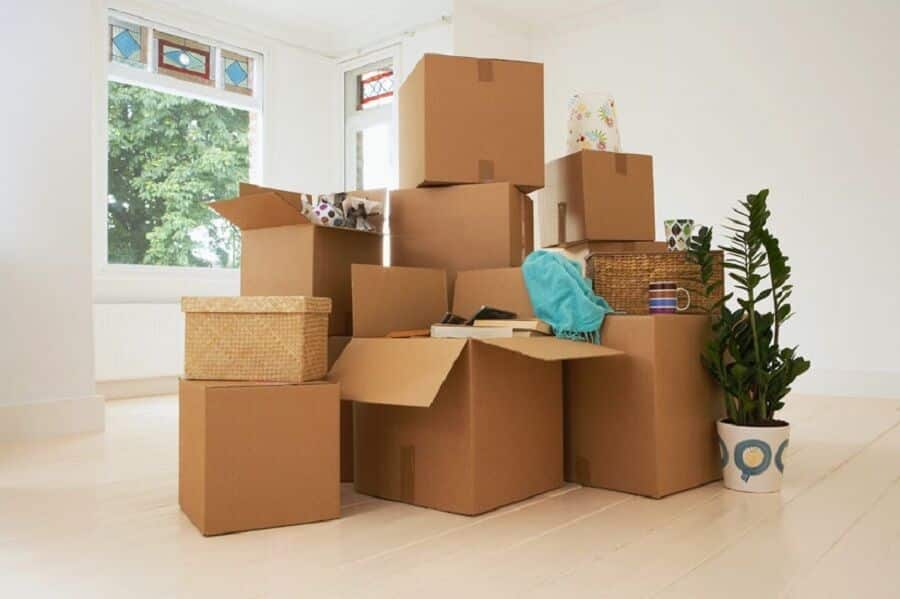How to get a full tenancy bond refund
If you’re renting a house, you’ll know that paying your tenancy bond ties up a large chunk of money with Tenancy Services. If you rent the property for many years, that money stays tied up. When it comes time to move, getting a tenancy bond refund in full will be essential for either renting a new house or buying one of your own. Let’s look at the essentials of getting a full tenancy bond refund before your next move.
What can a landlord claim from your bond?
Your landlord can make a claim against your bond for the following reasons:
- Unpaid rent.
- Repair costs for property damage beyond normal wear and tear.
- Cleaning costs if you haven’t left the property in a clean condition.
- Any unpaid bills related to your tenancy.
- Costs for replacing missing chattels such as curtains or blinds.
- Costs related to storing or disposing of abandoned items.
Strategies to ensure you get your bond back in full
Property Condition Reports
Renters often think that these reports, which get completed at the start of a tenancy, are for the landlord’s protection. They’re also for your protection and will help you get back your bond in full.
Take the time to complete the report thoroughly. Detail any damage, dirt or other factors listed above which may lead to a claim against your bond. We all carry smartphones, so use them to photograph any pre-existing issues.
Likewise, at the end of your tenancy, make sure you’re available to be at the final inspection. This is your chance to rectify any issues before your landlord makes a claim against your bond.
Clean regularly
Prevention is always better than a cure. In the case of cleaning, the cure can be expensive, time-consuming and unpleasant, especially in kitchens and bathrooms. Dirty ovens with baked oil residues are awful to clean. Mould and scum in bathrooms are a mission to remove. If they are present, your landlord will pay professional cleaners to fix the issues, and those costs will come off your bond. If you keep on top of your cleaning, you can save yourself a lot of problems.
Beyond normal wear and tear
These words are open to interpretation. What your landlord may claim is damage could be the result of regular use. It’s always best to prevent normal wear and tear where possible to protect yourself from a claim. Here are a few examples of preventative measures you can take to avoid ‘normal wear and tear’.
- Use chopping boards on benchtops to avoid scratches.
- Use disposable trays in your oven and cooktop to catch spills.
- Fit rubber feet to tables and chairs to prevent scratches on floors.
Immediately notify your landlord of any damage
Damage sometimes happens beyond your control, such as damage caused in weather events. If you don’t report it, you may get the blame for it. If you notify your landlord immediately, it’s their responsibility to make any repairs.
Know your rights
Even if you have a good relationship with your landlord and clear communication, it’s important to know your rights as a tenant. If you ever have a dispute that you can’t resolve, you should contact Tenancy Services for help.
